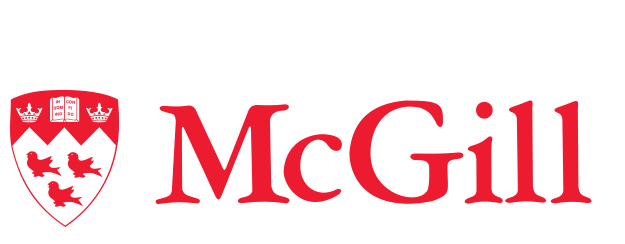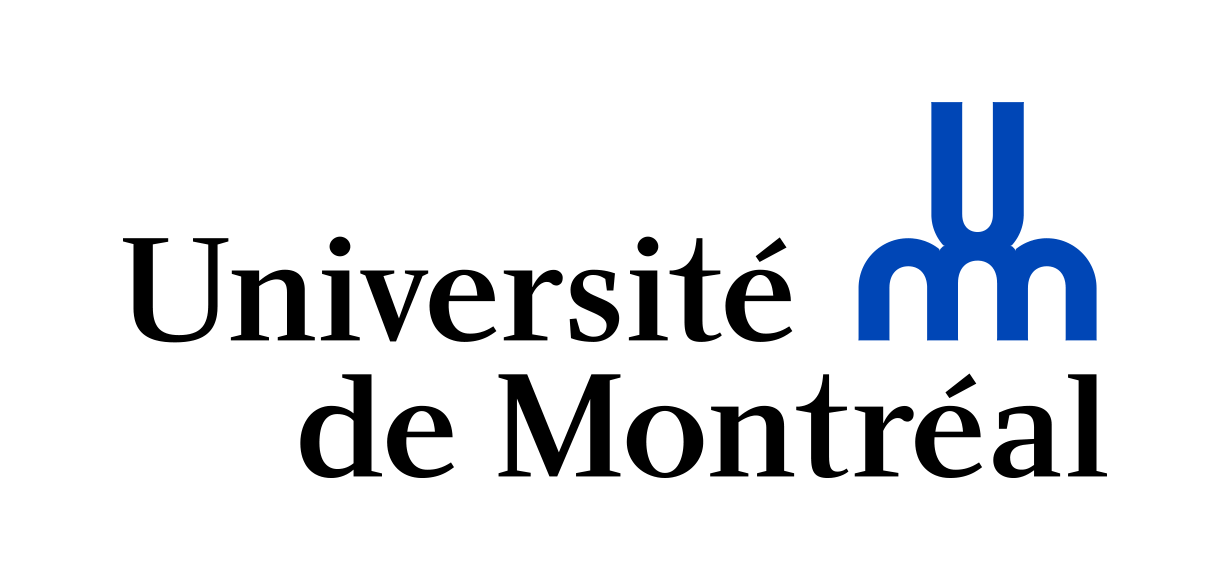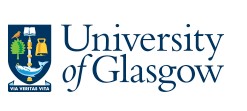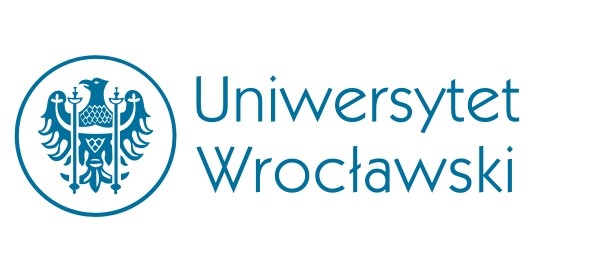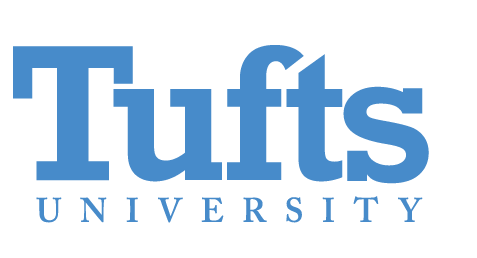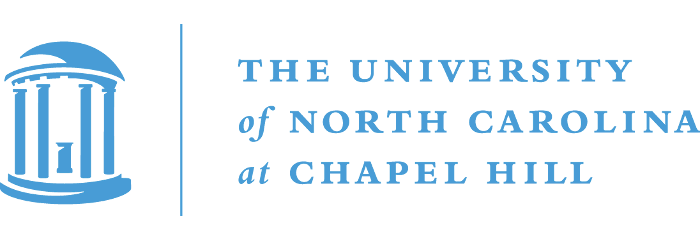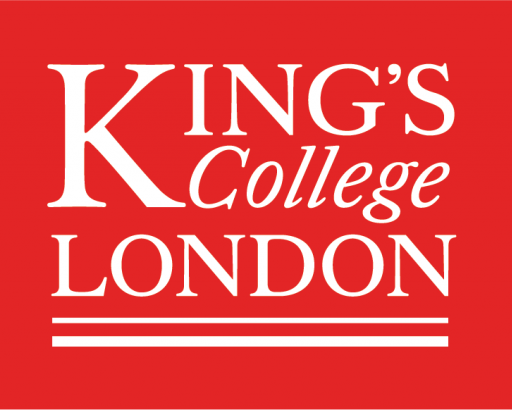BEAR Montreal Summer School 2019 Graduate Mobility Grants

The BEAR Network Summer School Graduate Mobility Grants allow graduate students from partner universities to travel to Montreal to participate in the second BEAR Summer School “Between the EU and Russia: Zone of Contestation,” taking place June 17-22, 2019 at Université de Montréal.
The grants are available to full-time thesis students enrolled in a graduate degree program at a BEAR partner university, who are under the supervision of a network member. A limited number of grants are available on a competitive basis. Exceptional advanced undergraduates will also be considered.
Objective
By allowing students to directly exchange with and learn from experts in the field, the mobility grant is meant to contribute towards specialized formation and the completion of the thesis. Students will be selected on the basis of their need for additional expertise in the subject, and their justification for participating in the school.
Eligibility
The student must:
- Be enrolled in a graduate degree program at one of the BEAR partner universities. Exceptional advanced undergraduate students will also be considered.
- Be under the supervision of one of the BEAR Network members. Graduate students not directly supervised by a BEAR member will also be considered. A BEAR member must support the application.
- Be approved by his/her supervisor to take part in this mobility opportunity.
Value
Travel, accommodation and per diem for up to 8 days will be covered by the Network.
Deadline
The deadline for submitting candidacies is March 22, 2019. Successful applicants will be notified by April 12.
How to Apply
Submit the following documents to Sasha Lleshaj (sashenka.lleshaj@mail.mcgill.ca):
- Motivation letter (two pages maximum)
- CV
- A simple budget
- Brief e-mail from the supervisor confirming her/his support.
Requirements
- Selected students must complete all course requirements, as per the final syllabus.
- Students will be asked to write a short post-course report for the BEAR website.
Students will receive a certificate of participation from the Network upon completion of the course.
BEAR Summer School 2019
June 17-22, 2019
CÉRIUM, Université de Montréal
“Between the EU and Russia: Zone of Contestation”
One of the defining aspects of post-Cold War European political and social development has been the contestation between the European Union and Russia, which continues to present major challenges for the prospects of peace and democracy on the continent. Most directly affected by this contestation are the states and societies in Central and Eastern Europe (CEE), which find themselves at the intersection of European and Russian influence. In this zone of contact, the contestation has major consequences for the resolution of fundamental issues of state stability, democratic consolidation, and minority inclusion.
This summer school, organized by the Jean Monnet BEAR Network in collaboration with CÉRIUM, will address the question of how EU membership and Russian regional politics influence state-minority relations in countries hosting sizeable ethno-cultural minorities in CEE. The focus will be on how state policies, and the willingness of states to accommodate minority claims, are influenced by security concerns associated with EU integration and Russian regional politics; and how different kinds of minority political actors adapt to constraints and strategize in pursuit of minority interests. The summer school will be structured along the following sets of questions:
- How does the relationship with EU and Russia shape intra-state policies of minority inclusion/exclusion in the region? How do states in the region instrumentalize/securitize minority issues? Why are some states more reluctant to accommodate minority claims than others?
- How do EU integration and Russian influence shape minority activism (i.e., the pursuit of collective minority interests) in the region? What explains regional variation in the way minorities organize politically in parliamentary and local politics? Why are some minority elite/parties more effective in negotiating with majority elites/parties than others?
- How do the politics surrounding de facto states (e.g., Transnistria) and similar territories of contested sovereignty associated with Russian influence (e.g., Donbas, Crimea) affect the prospects for EU membership in such territories? How does territorial contestation transform interethnic relations in such settings? What are some key external (EU- and Russia-related) and domestic factors necessary for sustainable peace and democratic development on those territories?
The program takes place in Montreal (Université de Montréal).
It consists of a 6-day learning experience for graduate students, academics, journalists, members of non-governmental organizations, diplomats, policy-makers, and member of the public. Each day will focus on a major theme and will involve: a lecture delivered by an expert (followed by Q&A); and group discussions (seminars), moderated by the lecturer and the co-organizers of the summer school. For more details, visit the CERIUM page.
Preliminary schedule
Monday, June 17
I. The securitization of state-minority relations in the region
9:00-12:00 James Goldgeier, American University, Washington D.C.
1:30-4:30 Angela Kachuyevski, Arcadia University, USA
Tuesday, June 18
II. Strategies and instruments of European and Russian influence on state-minority relations
9:00-12:00 David Smith, Glasgow University, UK
1:30-4:30 Kristina Kallas, Tartu University, Estonia
Wednesday, June 19
III. Impact on state strategies toward minorities
9:00-12:00 Jennie Schulze, Duquesne University, US
1:30-4:30 Dominique Arel, University of Ottawa, Canada
Thursday, June 20
IV. Minority activism under the influence of EU and Russia
9:00-12:00 Zsuzsa Csergő, Queen’s University, Canada
1:30-4:30 Myra Waterbury, Ohio University, US
Friday, June 21
V. Territorial contestation and state-minority relations in de facto states
9:00-12:00 Helge Blakkisrud, Norwegian Institute of International Affairs
1:30-4:30 Magdalena Dembinska, Université de Montréal, Canada
Saturday, June 22
9:00-12:00 Simulation Games
1:30-4:00 Round table on session papers
Cocktail offered by CÉRIUM





